Earthwatch Education
Tiny Green Scientist Webinar Recording!
If you weren't fortunate to join us live, here is a recording of our Tiny Green Scientist Webinar. 👨🔬
Here we talk through:
Tiny Forests 🌳
Environmental challenges
Tiny Forest benefits 🐝
Outdoor learning, benefits and challenges
Becoming a Tiny Green Scientist! 🔬
Citizen Science in Tiny Forests
Further opportunities ✨
If you have the time to watch it, please share your feedback here - Tiny Green Scientists Webinar Feedback Form This helps us strengthen our content and provide more tailored resources. Thanks in advance!
Finally, don't forget to fill out the Expression of Interest form if you are a school in London or Edinburgh that wants to join us on the next stage of the Tiny Green Scientist project! It's a really exciting free opportunity to access an in person education day for students followed by teacher training, at your local Tiny Forest. Here's the form - Tiny Green Scientists Expression Of Interest Form
Do you work in a secondary school? The Wildlife Trust want to hear your thoughts and views…
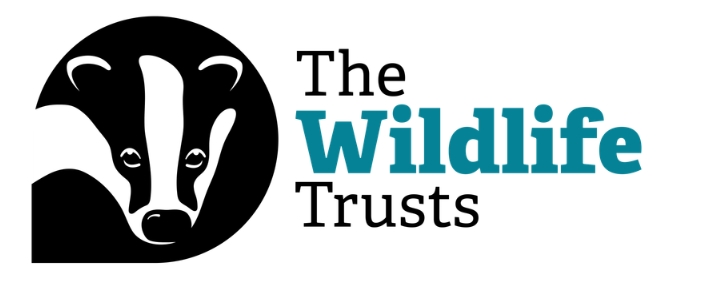
Image: The Wildlife Trust
Sheffield Hallam University, on behalf of The Wildlife Trusts, is looking for your thoughts to help shape a national professional development programme for outdoor learning regardless of subject discipline. This project is kindly funded by The Ernest Cook Trust.
The Wildlife Trusts' ambition is to address, and reduce, the gap in young people’s connection to nature during their secondary school years. 🌳🏫
It only takes 10 minutes to complete the online survey, and your input will directly help create a flexible, evidence-based CPD programme to support educators, pastoral teams, and senior leaders across all kinds of secondary schools.
Whether your school has lots of outdoor space or very little, and whether you’re new to outdoor learning or an expert, your perspective matters! 🔍
Take the survey here: https://shusls.eu.qualtrics.com/jfe/form/SV_3gw99asxZcJt35I
As a thank you from the University and Trust, you’ll be entered into a prize draw for a £20 voucher.
Learning Planet Festival
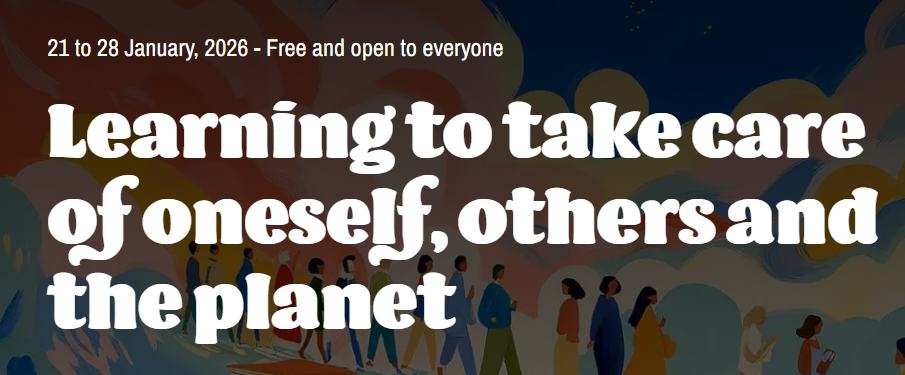
Image - Learning Planet Festival
Want to learn how to take care of yourself, others and the planet?! 🌍
Look no further than the (free) Learning Planet Festival. Running from the 21st of January to the 28th, there is still plenty of workshops and resources left to join and access.
Organised to celebrate the International Day of Education, it brings together hundreds of thousands of participants from 193 countries! Its core theme is reimaging and transforming education – but this can’t be done alone and require collective action.
Join the festival and hear voices and perspectives from around the world. 🗣️💬
Find the program here: Learning Planet Festival - LearningPlanet Festival
National Education Nature Park – Free Webinar
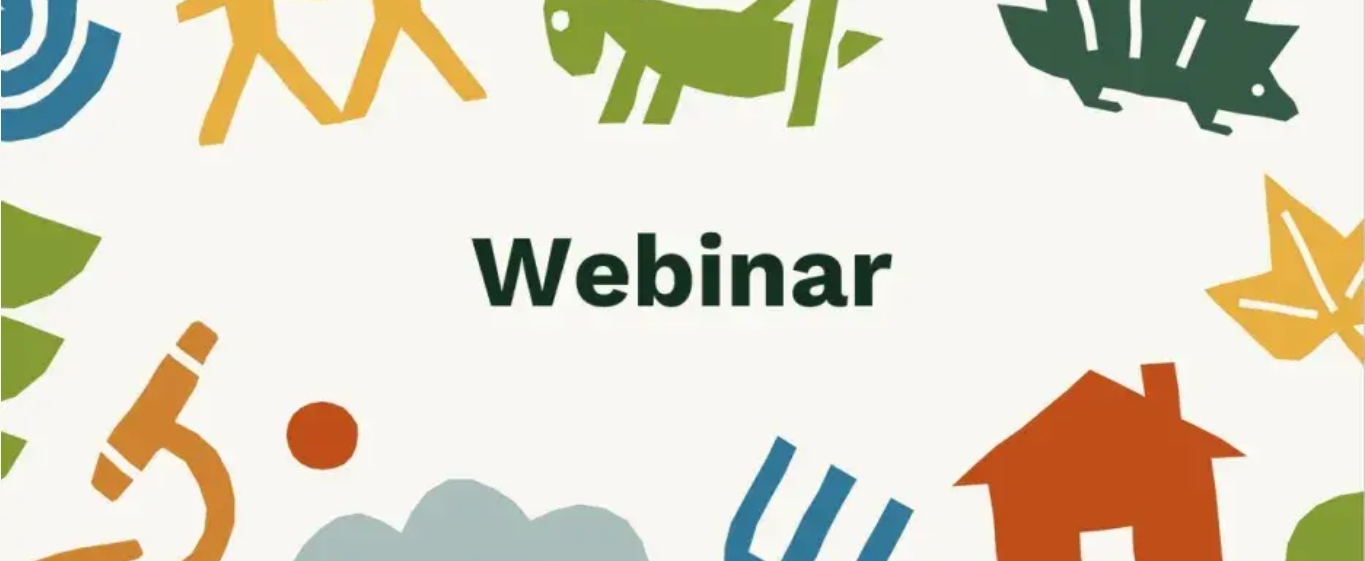
Image - National Education Nature Park
National Education Nature Park (NENP) is led by the Natural History Museum and the Royal Horticultural Society. It’s a collection of the UK’s leading institutions within education, science research, and public engagement with nature. 🌳
The NENP programme aims to embed nature-based learning in the curriculum and encourage children and young people all over the country to take action to improve their school site for people and wildlife. 🐝
If your school is not already part of NENP we strongly recommend you register – here's some more information on the program, plus links to free resources How it works | Education Nature Park.
So, what’s this webinar about?
As we kick off 2026, join NENP for their start of term webinar. They'll be sharing the latest updates from their programme, what to get stuck into over the next few months and how they support you with your Climate Action Plans.
Plus, you'll hear how their free, quality-assured resources can support you to deliver the curriculum across subjects and key stages through a climate and nature focused lens. 🌍🐌🐞
When is it?
Wednesday 21 January, 16.15-17.00
Where can you register?
Learning Through Nature – Local School Nature Grants
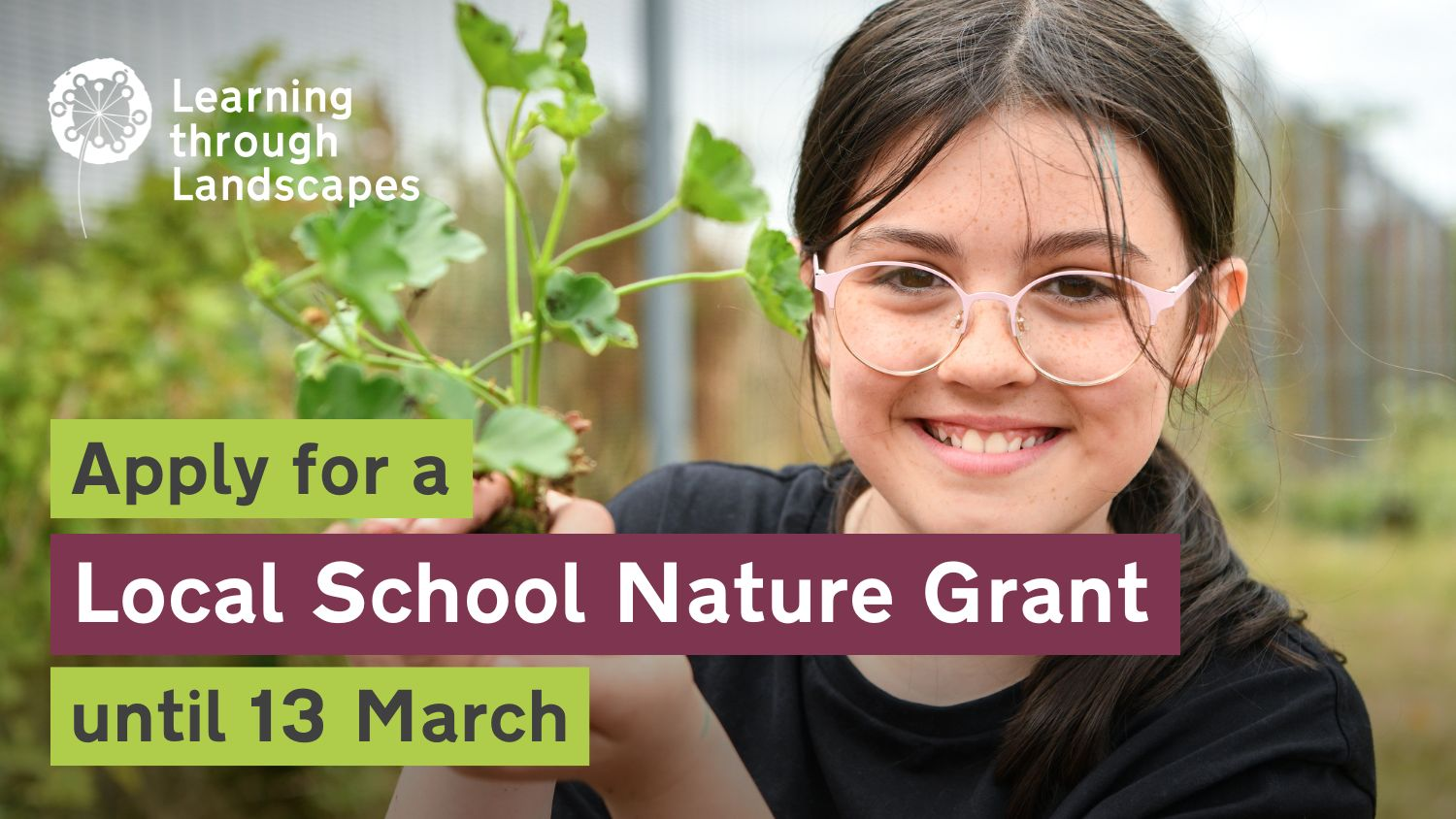
(Image - Learning Through Landscapes)
Applications for this grant opened on Monday and are open until March 13th.
But what is it?
Open to schools and early years settings in England, Scotland and Wales, this outdoor learning grant fund has four elements:
2-hour outdoor teacher training course,
A school grounds climate survey,
Climate Curriculum Kit (valued at £150),
£500 of outdoor equipment chosen from a catalogue of over 100 items.
Outdoor equipment includes Bird Boxes, Bee Hotels, and more! 🕊️🐝
What you need to do:
Write a grant – showing why this grant would benefit your school.
You’ll need to cover; pupil involvement, project sustainability, community, and benefits to students and staff.
Tips for writing a grant can be found here - https://ltl.org.uk/news/how-to-write-winning-local-school-nature-grant-application/
The application can be found here - LtL | Nature Grant
Any unsuccessful applicants will get access to free webinars covering suggestions for improving their applications, along with tips and tricks for developing their outdoor learning provision. It's a win-win situation.
You're invited - Tiny Green Scientist - Webinar 1
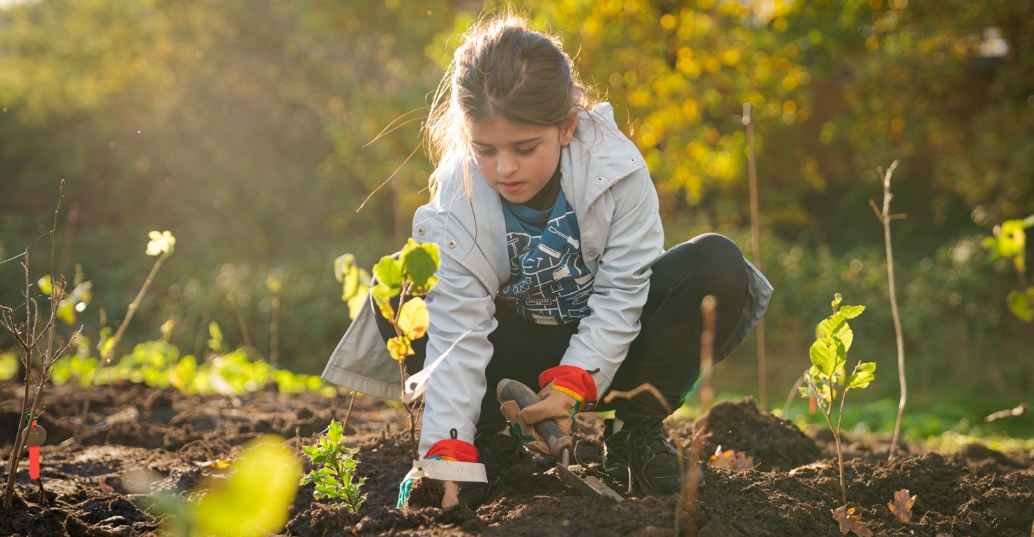
Join our new project – Tiny Green Scientists, where we will be engaging schools with their local Tiny Forest. 👩🔬👨🔬💚
The first stage in this project is a webinar titled - Tiny Green Scientists – Engaging Schools with Tiny Forests. This session is designed for teachers and school staff who want to use Tiny Forests as a meaningful way to connect children with nature and environmental learning. 🌳
Everyone is invited to this free webinar on February 3rd 3.30pm.
We will be exploring what a tiny forest is, how it can increase students' connection to nature, and it’s use in real citizen science projects! We will also be discussing how to help students understand climate change and biodiversity in an age-appropriate and inspiring way. 🪻
Sign up here: Tiny Green Scientists Webinar Tickets, Tue 3 Feb 2026 at 15:30 | Eventbrite
As part of our new Tiny Green Scientist project there is a further opportunity following the webinar. This involves an in-person education day and teacher training at a local Tiny Forest. If you are a school based in Edinburgh or London and are interested in this opportunity, please use the link below to send in an ‘expression of interest’. 🎓
We have very limited spaces available so please apply before Tuesday 10th February to be considered. Tiny Green Scientists Expression Of Interest Form – Fill in form.
We are looking forward to working with you and your students. If you have any questions, please do get in touch here; education@earthwatch.org.uk and we’d be happy to help.
Our Shared World: Learning Lunches
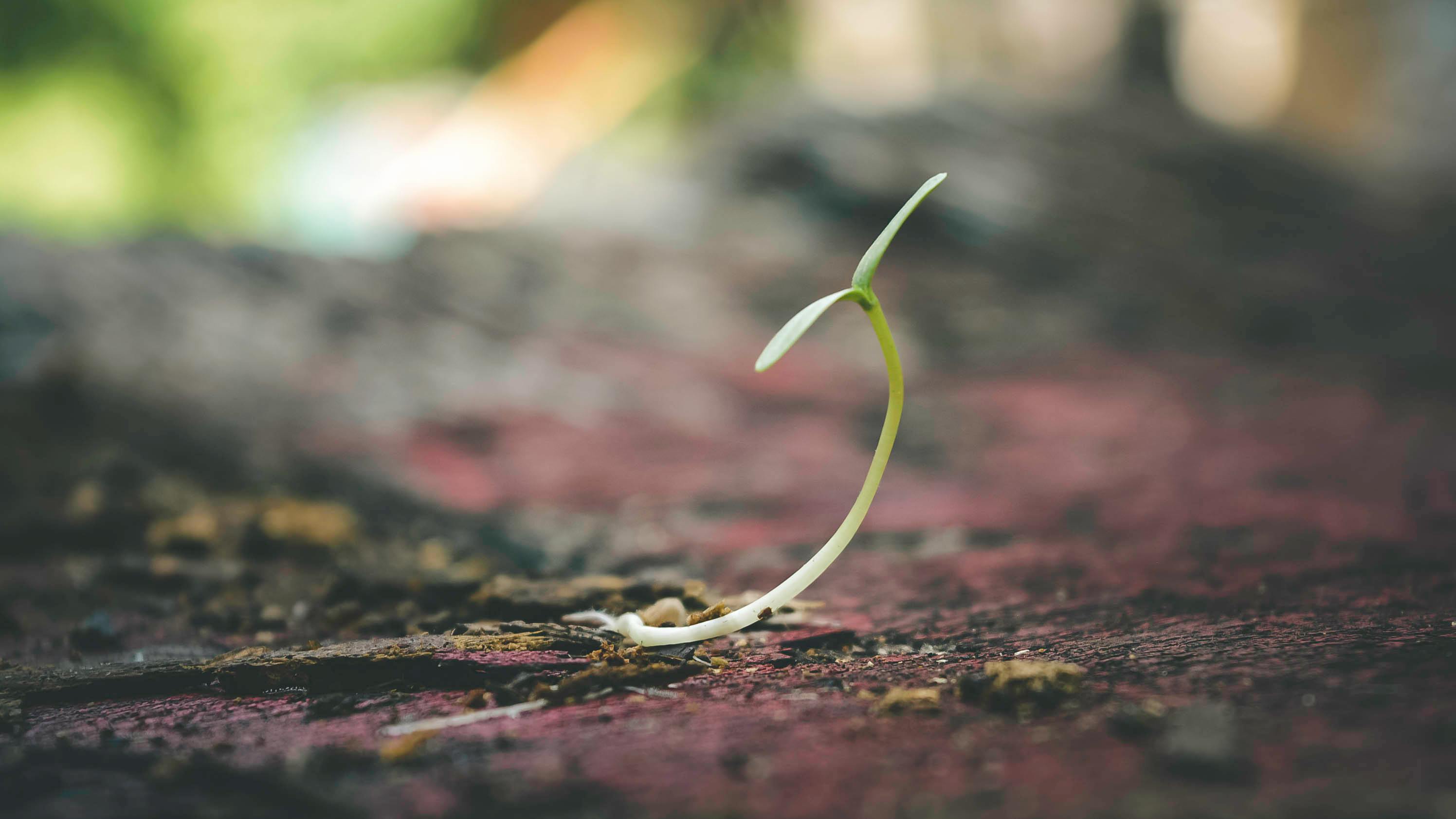
Free, 30-minute, lunchtime learning opportunity! 🥪
Join the next Our Shared World Learning Lunch on 13th January 2026 with Cathy d’Abreu and Bill Finnegan to hear all about The Hope Wheel. 🛞
The Hope Wheel is a visual synthesis of things to include, avoid, and address in climate change and sustainability education. It aims to bridge the gap between research and practice around how to constructively cultivate hope in the face of the climate crisis with learners of all ages. 🏫
Our Shared World brings together a large network of those supporting the successful realisation of SDG 4.7* across England by 2030, equipping society to create a more sustainable, fairer, peaceful and resilient world. 🪷
Learning lunches are monthly opportunity to learn, connect, and engage in discussion and debate around the themes introduced. They’re short, participatory and supportive, welcoming a very broad range of speakers, engaging in all types of education and changemaking. 🎓
To sign up and get your free tickets use the link here - Our Shared World Learning Lunch: The Hope Wheel Tickets, Tue, Jan 13, 2026 at 1:15 PM | Eventbrite
Breakdown
13:15 - 13:30 - Presentation with Cathy d'Abreu, Bill Finnegan
13:30 - 13:45 – Discussion
Full paper on The Hope Wheel can be found here https://www.frontiersin.org/journals/psychology/articles/10.3389/fpsyg.2024.1347392/full
*Sustainable Development Goal 4.7 is as follows “By 2030, ensure that all learners acquire the knowledge and skills needed to promote sustainable development, including, among others, through education for sustainable development and sustainable lifestyles, human rights, gender equality, promotion of a culture of peace and non-violence, global citizenship and appreciation of cultural diversity and of culture’s contribution to sustainable development”
Looking for a citizen science project to start the new term off?
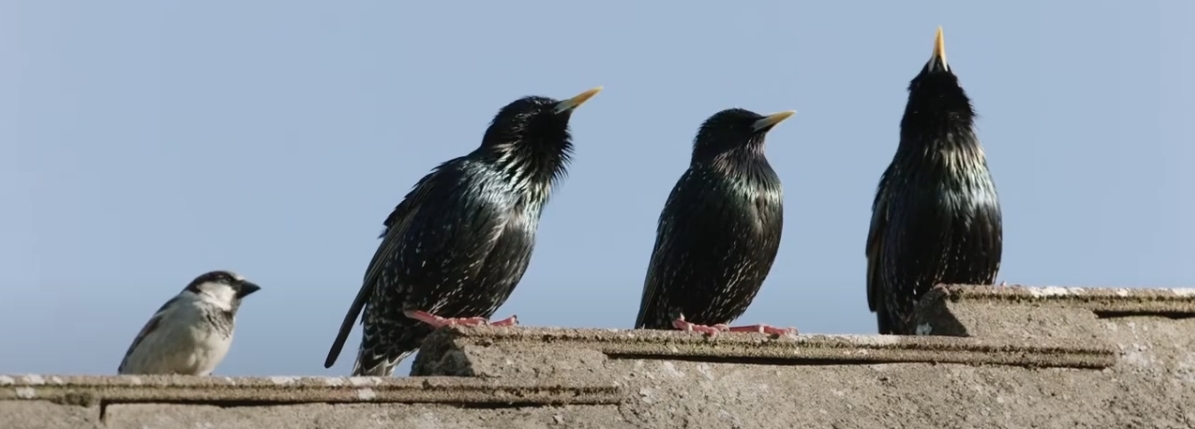
The RSPB is running their Big Schools’ Birdwatch 2026 citizen science project between January and February this new year. Here they ask schools to record what birds they see in their school grounds. But why get involved? 🐦
Citizen Science projects are a great way to introduce students to the crossover between science and nature protection. These projects can empower students, showing them that they can be involved in real change. 💪
Citizen science has been shown to positively influenced participants attitudes toward wildlife. 🐝
The RSPB provides digitally accessible, curriculum linked activities for before, during and after the Birdwatch. All resources are available bilingually for schools in Wales.
This includes access to historical records of Big Schools’ Birdwatch, so you can compare what your school sees with previous data. 📊
The bird count itself should improve students' observation skills. 🔍
Resources included will help pupils consider how being in nature impacts their mental health and wellbeing.
What do schools need to do?
Get counting – spend some time with students, anytime between 6th Jan and 13th Feb, recording the birds you can see in your school grounds. 🕊️
-
Submit results online – no matter how many birds are seen. 🦅
Start your student's year off with the RSPB Big Schools’ Birdwatch 2026 and show them how nature and science are intertwined. 🌳🔬
More information found here - https://www.rspb.org.uk/whats-happening/get-ready-for-big-schools-birdwatch
Looking for ways to bring nature into the classroom? Look no further.

We’re nearing the end of the year - want some nature-based resources to offer students over the break? Or perhaps you want to increase your student's connection to nature in the new year? Look no further than WWFs Happy By Nature programme which aims to bring a daily dose of nature to the school day. 🌳🌠🐌
Tailored towards primary school students, they’ve gathered some simple ideas to help teachers and pupils stay inspired through the holidays and beyond. These resources cover topics from across the world – discover rainforests, dive to the depths of the ocean, or fly off to the icy poles! ❄️☃️
Signing up gives you...
A classroom pack with a poster, pupil passports, panda pawprint stamp and stickers.
Four themed sets of short, adaptable activities aligned to the curriculum.
Interactive live lessons with special guests – including WWF Ambassador Steve Backshall. These started on 1st October so there is already content to enjoy.
Opportunities to explore nature, reflect, communicate and care – building key skills and boosting learning.
Resources for various learning styles, from art-based classes, to storytelling, to using scientific satellite monitoring of walrus populations!
Activities that are adapted for both inside and outside learning.
More information is found on the WWF website here Happy By Nature | WWF
Looking for new ideas for the new year – how about a residential trip with The Outward Bound Trust?

The Outward Bound Trust is a charity aiming to help young people grow through real adventure. 🧭
These weeklong courses are set in the wild landscapes of the Lake District, Wales, and Scotland. Aimed towards primary and secondary schools, as well as youth groups, these trips are designed to support outdoor learning. They'll help develop a sense of awe and responsibility for the natural world in students.
These expeditions are “real, challenging, and often muddy. They build resilience, self-reliance and pride through doing hard things, safely and progressively.”
Activities include:
Cold water dips
Stargazing 🌠
Climbing mountains ⛰️
Kayaking
Rowing 🚣♀️
Adventure
As well as challenging students it offers teachers a chance to grow professionally, allowing you to return to the classroom with some new ideas.
So, if you’re looking for something a little different to add to the school calendar for next year look no further - Schools, colleges and youth groups | The Outward Bound Trust